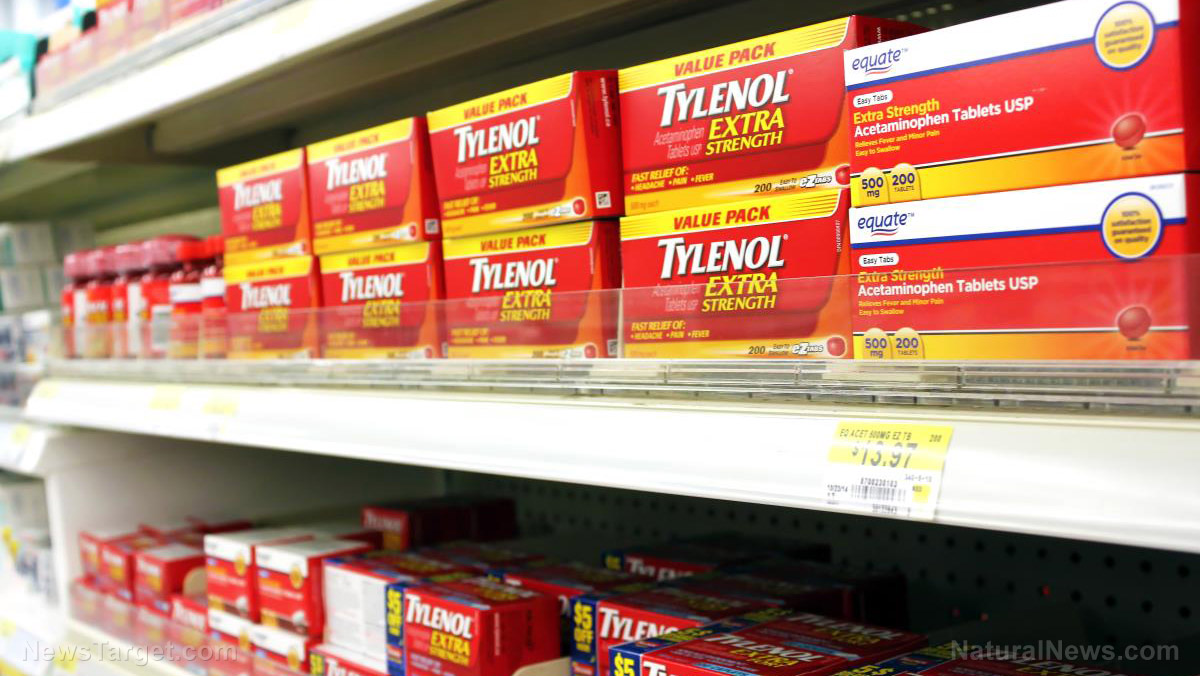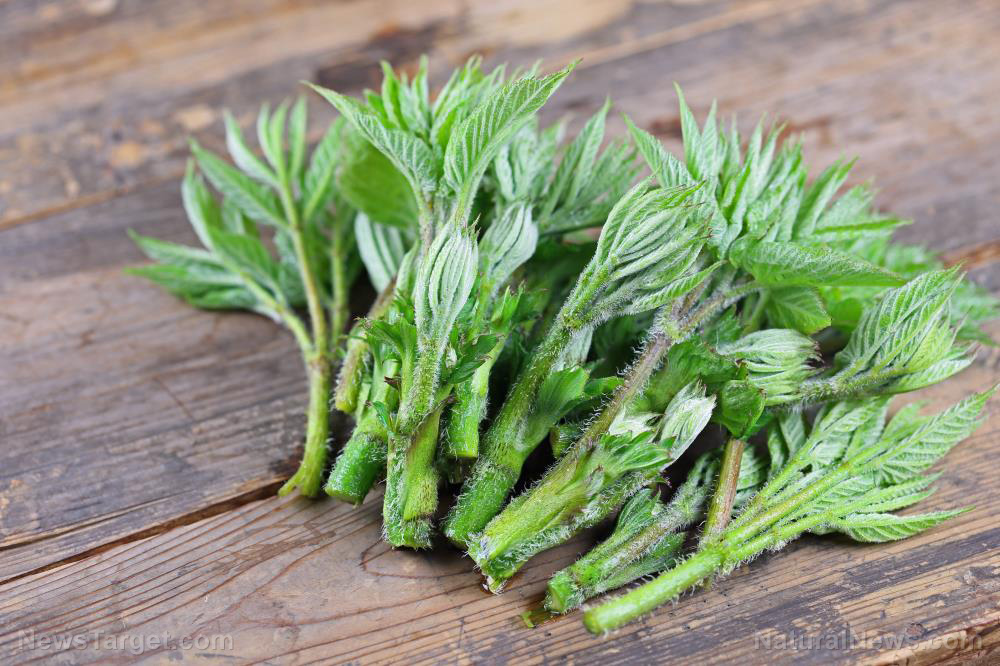12 Ways to detox and improve brain health
05/01/2019 / By Zoey Sky

Are you constantly stressed or having a hard time losing weight? If you think your body is out of sorts, you might feel better if you go on a detox.
Detoxification and your brain health
Detoxification is an essential cellular function. When your body detoxifies, it makes debris from foods and toxins easier to eliminate.
These debris are eliminated through the gastrointestinal tract and sweat glands with the help of various organs, such as your liver and your brain.
When the body is constantly exposed to alcohol, inflammatory foods, medications, tobacco, and foreign substances like chemicals, drugs, heavy metals, and microorganisms, your natural detoxification systems become overwhelmed.
Accumulation of unhealthy metabolites also triggers immunotoxicity, metabolic deficiencies, mitochondrial dysfunction, and neuroinflammation. In short, it makes metabolically active organs like your brain suffer. This can cause cognitive difficulties and slow processing.
To prevent this from happening and boost your brain health, here are 12 ways to detox.
Go on an elimination diet
An elimination diet will help you determine your personal food sensitivities and intolerances. This type of diet is a good way to start a detox because eating foods that you are sensitive to can increase inflammation, which affects the brain and also makes it hard to lose weight.
As the name implies, an elimination diet involves removing foods from your diet that you think your body can’t tolerate well. You can then reintroduce the foods one at a time to see if you experience any symptoms that show a reaction. This type of diet usually lasts for about five to six weeks.
Mother Nature's micronutrient secret: Organic Broccoli Sprout Capsules now available, delivering 280mg of high-density nutrition, including the extraordinary "sulforaphane" and "glucosinolate" nutrients found only in cruciferous healing foods. Every lot laboratory tested. See availability here.
Incorporate interval eating patterns into your diet
Your body also needs to take a break from digestive duties to divert energy from the gastrointestinal tract to the organs that are necessary for detoxification pathways.
You can do this by following a simple intermittent fasting plan.
Limit your exposure to toxins and contaminants
Buy organic produce to limit your exposure to chemical residues from farms, herbicides, and pesticides. Buy eco-friendly cosmetics and personal care products, and use non-toxic cleaning products at home.
Follow a healthy diet full of different fruits and vegetables
The colors of fruits and vegetables represent different vitamins and nutrients, so make sure your diet contains nutritious foods like:
- Beets
- Broccoli sprouts
- Cruciferous vegetables (cauliflower, cabbages, Brussels sprouts)
- Dark leafy greens
- Garlic
- Ginger
- Rosemary
- Thyme
- Turmeric
You can also include food from other food groups like nuts, legumes, and seeds, as well as fatty fruits like avocados and bananas.
Stay hydrated
Drink lots of water daily to keep blood and lymph moving through your kidneys. Staying hydrated promotes better elimination of toxins through urination.
Add complex forms of carbohydrates to your diet
While you should avoid simple and processed carbohydrates, your brain requires a crucial energy source: Complex carbohydrates.
Glucose, which comes from broken down whole grain and starch sources, is the preferred energy source of your brain cells.
Consider supplementation to help your body eliminate toxins
While you’re on a detox, try the following supplements to help you rejuvenate:
- Boswellia, Lion’s mane, and Velvet bean for brain support
- Coleus forskohlii or Indian coleus for respiratory support
- L-glutamine for gastrointestinal support
- Milk thistle for liver support
- Ubiquinol and NAD+ for mitochondrial support
Before you start taking these supplements, consult your health care provider to find out if they will interact with your medications.
Exercise regularly
Set aside at least 30 minutes a day to exercise. Try activities that you enjoy like cycling, hiking, or jogging. You can also take yoga classes or play basketball with your friends.
Workouts will make you sweat, which helps support your detox pathways and your brain. (Related: Simple Ways to Detoxify Your Body and Reclaim Your Health and Vitality.)
Try deep breathing exercises with episodic rapid breathing
The simple act of breathing exhales waste by-products.
Rapid breathing also results in alkaline urine that helps you better excrete other toxin metabolites.
Spend at least 20 minutes in nature daily
Several studies suggest that spending time in nature boosts mental clarity and relieves stress and anxiety. Being outdoors also offers beneficial physiological effects like lower heart rate, respiratory rate, and reduced blood pressure.
Improving these physiological parameters also helps the body during detoxification. Walk through the park or sit in your backyard for several minutes each day to unwind.
Get enough sleep
You need at least seven to eight hours of sleep every night. This allows your brain to repair cellular damage from toxins during restorative sleep.
Try an infrared sauna session each week
Infrared saunas create heat from within, like a fever. This helps hasten the detoxification through your sweat glands. Infrared saunas can also help you relax.
Detoxification will help improve both your brain and your physical health, so exercise regularly, follow a healthy diet, and stay hydrated.
Sources include:
Tagged Under: #nutrition, alternative medicine, brain health, breathing exercises, cognitive health, destressing tips, detox, elimination diet, exercise, fasting, fitness, food cures, food is medicine, fruits and vegetables, functional food, good sleep, Health and Wellness, healthy diet, hydration, immune system, intermittent fasting, mind body science, natural cures, natural medicine, prevention, sleep, slender, stress relief, supplements, toxins, vitamins, water



















